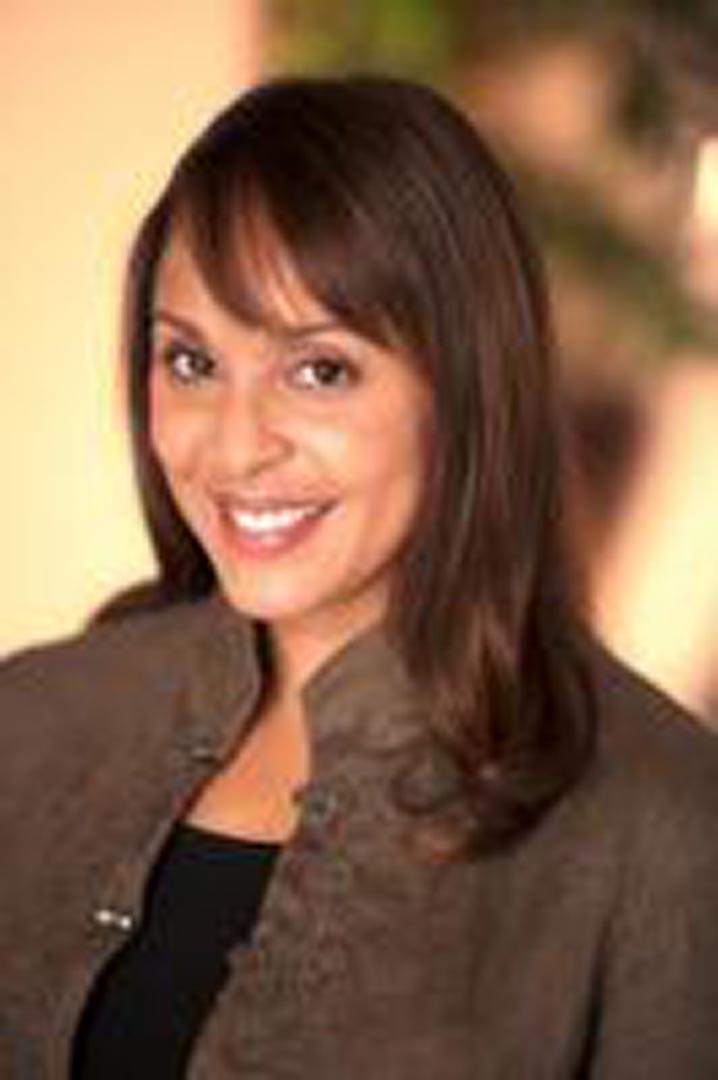Natasha Trethewey Comes To Campus For Final Dean'S Lecture Series
June 04, 2014

The U.S. Poet Laureate discusses her experiences as poet, teacher and daughter.
The fourth and final installment of the Dean’s Lecture Series took place in Ulrich Recital Hall on Tuesday, April 29th. A lively crowd of students and faculty—many of them poets in their own right—heard opening remarks from ARHU Dean Bonnie Thornton Dill and Associate Dean Sheri Parks. Three members of the visiting Baltimore Citywide Youth Poetry Team delivered powerful spoken-word poems about race, class and the criminal justice system. English Professor Mary Helen Washington provided biographical information about the guest of honor, U.S. Poet Laureate Natasha Trethewey.
Trethewey then began the conversation with her friend and colleague Stanley Plumley, professor of English at UMD and the state of Maryland’s own poet laureate. Together they discussed the various themes within Trethewey’s work, many concerning her origins in the Mississippi Gulf Coast. Her 2010 book Beyond Katrina: A Meditation on the Mississippi Gulf Coast provides a broader perspective on the way Hurricane Katrina was portrayed both during and after the disaster. News coverage, which placed most of the emphasis on the city of New Orleans, unintentionally alienated many residents of the Gulf Coast from the discussion.
“People felt they were being forgotten,” Trethewey said. Her poetry and prose seek to preserve their memories.
In the emotional second half of the conversation, Trethewey explored a haunting tragedy that has informed much of her writing: In 1985, Trethewey’s mother, Gwendolyn Ann Turnbough, was murdered by her second husband. Many of the poems in her 2006 collection Native Guard are elegies, Tretheway says, and her mother’s death is the backstory. But all too often, the backstories take center stage. Reactions to her poems from otherwise well-meaning people often inadvertently depict her mother as “just this victim of murder” and not, as Trethewey said, “the woman that she was.”
But Trethewey has experienced many uplifting moments with the public as well. Writing poetry has allowed her to access a supportive, dedicated community of poets and non-poets alike. Many of the people who engage her in dialogue are not necessarily poets themselves, but interested readers yearning to know more.
“Poetry is not solitary,” Trethewey said, adding that “seeing what it means to other people makes it mean even more to me.”

